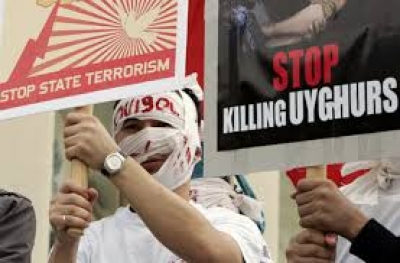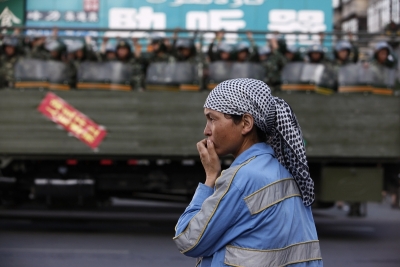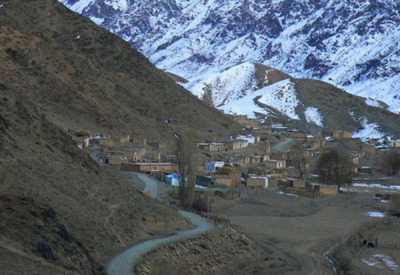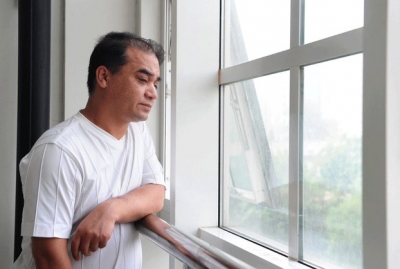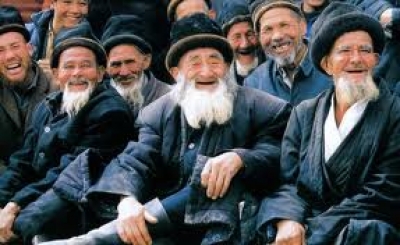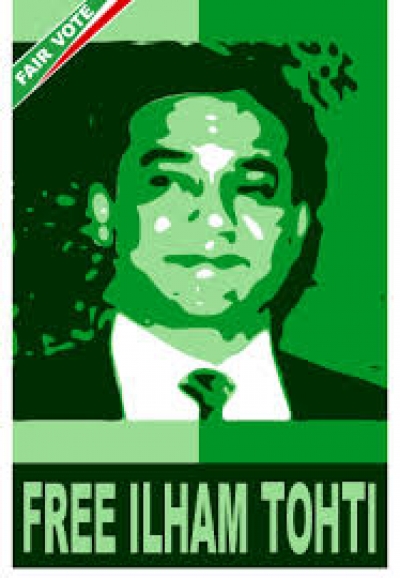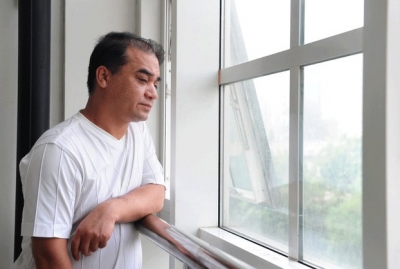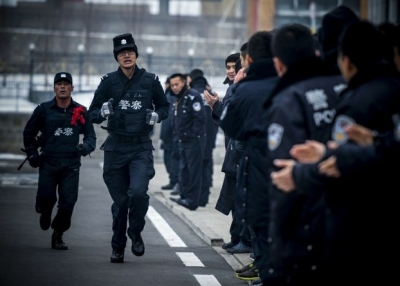Uyghur Scholar Accused of Separatism; 12 Killed in Xinjiang
Also on Friday, border guards in neighboring Kyrgyzstan said that a group of Uyghurs were killed after crossing the border and that their belongings indicated that they belonged to a separatist group. These are the latest in a series of violent incidents in Xinjiang, which authorities blame on separatist, or terrorist, groups, though few details are released about individuals involved or the events themselves, and journalists are not allowed to independently investigate.

